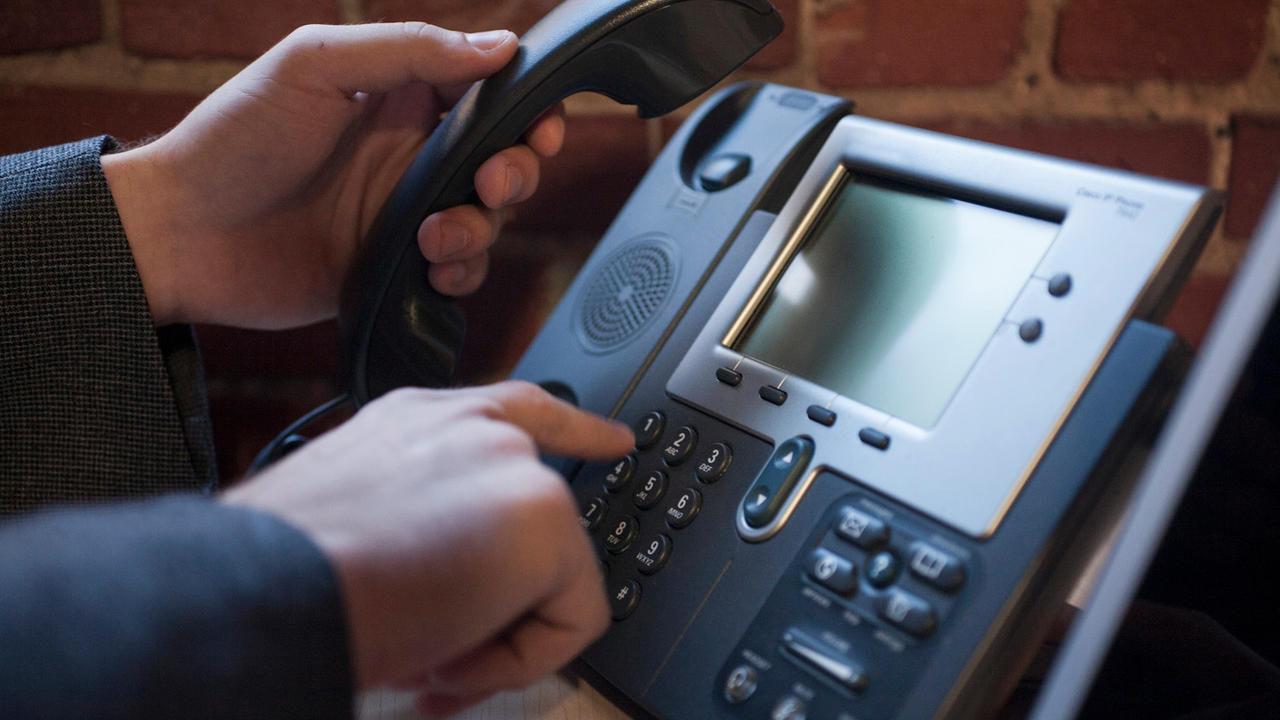
3 Tips for Good Client Communication
People like to be kept in the loop, especially when it involves a legal case. There's just something about turning over a big deal to a stranger, you know? So, the question becomes, "How do we keep clients in the loop?"
Clients may not like to make calls for status updates. Sometimes they feel annoyed at having to. Other times they hate to "be a bother." But there are ways to handle this, and following these suggestions for client communication benefits both you and the client.
1.) Set a reasonable expectation for the client.
Say when you hope to know more, and invite them to contact you if they haven't heard from you by then. This does a number of things: 1.) It empowers the client, which can help to put them at ease. And whe a client is at ease, the job has one less complication. 2.) It can be a good trigger. Set a reminder to follow through on the case a few days ahead of when you suggested the client call. Of course, feel free to call ahead of time, too, especially if you have something to report.
2.) Set a reminder.
Follow through on the case a few days ahead of when you suggested the client call. Of course, feel free to call ahead of time, especially if you have something to report.
3.) Don't wait for something to report.
Clients want to know they didn't fall through a crack. So, if you find out something will take longer, or you won't have anything to report at the suggested time, let them know. If you call occasionally when you have nothing major to report, it can prevent the client from having that sinking feeling or getting their hopes up each time you call. And starting a tough conversation when your client is excited or tense makes things that much more difficult.
Each time you do talk with them, take a little time to connect and relate with them. Build rapport. Don't be the slick salesperson about it, though. Show up genuinely. When you do, your clients will relax more. You gain their trust and build good client relations.
Client relations aren't "just" for the sake of your clients or just to avoid complaints. One of the biggest things this will do in terms of communication, is help you get a good sense of the person's baseline nonverbal communication. If you have that baseline, you'll be more likely to sense when you've got them at a bad time or when they are starting to shift. And the sooner you recognize the shift and gain that nonverbal feedback, the sooner you can respond for better and quicker effect using that rapport you've been building all along.
Don't miss a beat!
New moves, motivation, and classes delivered to your inbox.
We hate SPAM. We will never sell your information, for any reason.

